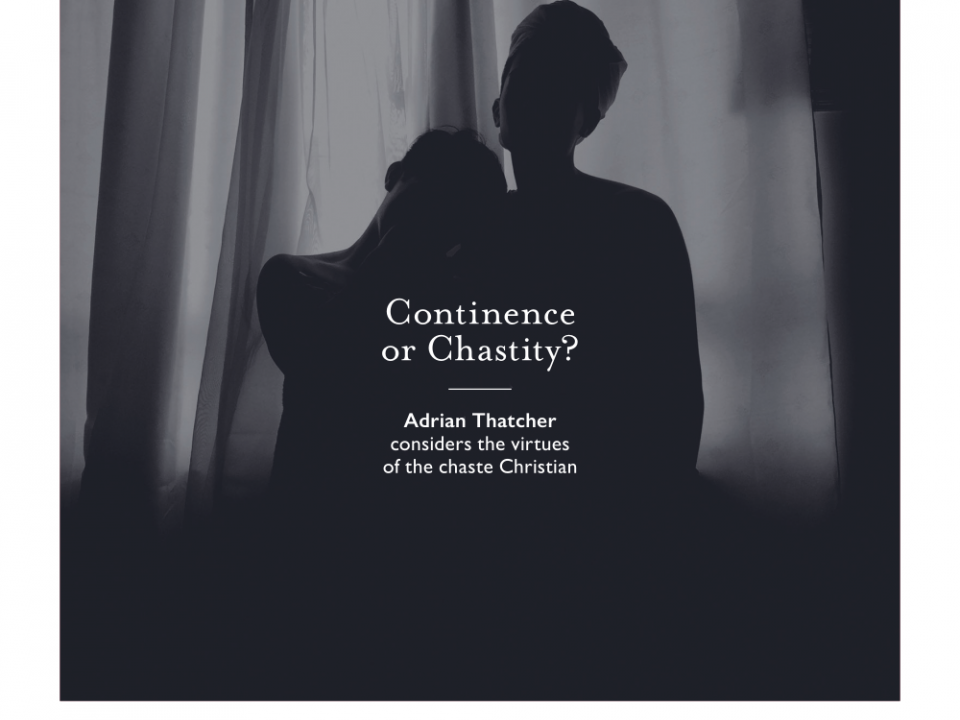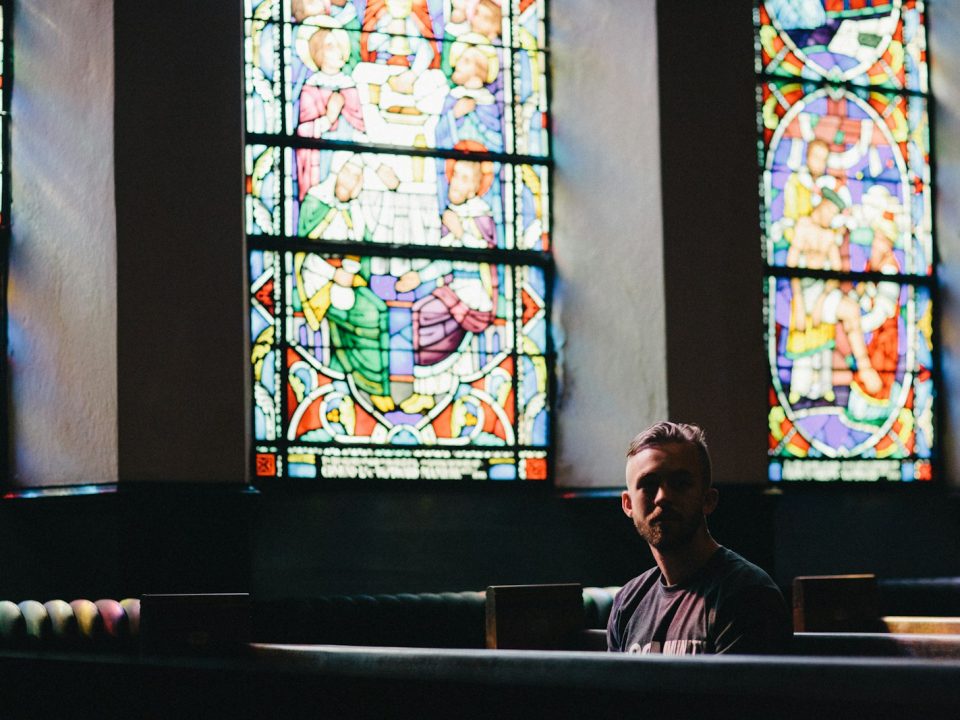
A Trans Response to the Supreme Court Ruling in Holy Week
April 18, 2025
From Rolling Heads to Restored Relationships
May 7, 2025by Joe Forde
Originally published in Signs of The Times Spring 2025
Gustavo Gutiérrez died on 22 October, 2024 at the age of 96. His book, A Theology of Liberation – published in 1971 – was foundational to the development of Roman Catholic liberation theology, and is one of the most important books to have been published by a Catholic theologian in the twentieth century.
In that book, Gutiérrez had begun to develop out his thinking on the ‘preferential option for the poor’; a concept that places a primacy on the passages in the Bible that refer to the need for the wellbeing of the poor and the powerless to be given a priority. The ‘option for the poor’ concept had been coined by Fr. Pedro Arrupe, Superior General of the Society of Jesus (Jesuits) in 1968, in a letter to the Jesuits of Latin America. However, it was Gutiérrez who had grasped its full theo-political significance, seeing a need for the Catholic Church in Latin America to influence public policy in ways that would advance the cause of social justice, thereby reducing poverty and, crucially, its structural causes.
Gutiérrez’s thinking on liberation theology would later come to be seen by some of the more conservative elements in the Roman Catholic hierarchy ― not least by Pope Benedict XVI ― as too overtly political and materialist/structuralist in its focus (in some ways resembling Marxism), and Gutiérrez’s stock at the Vatican would take a nose dive. However, when Pope Francis was elected to office in March, 2013, it became clear that he had been influenced by the thinking of Gutiérrez in his own spiritual formation, and that he held him in high regard. This was confirmed when he met with him at the Vatican later that year, suggesting that Gutiérrez’s stock was, once again, on the rise. However, it still came as a surprise to many Catholics when a book called ‘On the Side of the Poor: The Theology of Liberation’, appeared in 2015, co-authored by Gutiérrez and Cardinal Gerhard Ludwig Müller, the then Prefect for the Congregation for the Doctrine of the Faith in the Roman Catholic Church.
When referring to the preferential option for the poor, Gutiérrez and Müller argued a need for Christians to show solidarity with ― and compassion for ― the poor, including in the ways that they seek to influence the shaping of public policy. As such, Gutiérrez and Müller’s contention was that liberation theology is concerned with material aspects of poverty on the lives of the poor, their causes, and the need to remedy them, and with the spiritual wellbeing of the poor, thus drawing a clear distinction between liberation theology (with its foundations firmly rooted in a theological anthropology) and Marxism (with its historical materialism being devoid of any spiritual dimension). With this purpose in mind, Gutiérrez and Müller were keen to re-emphasise that liberation theology is a Catholic theology of grace and salvation ‘now applied to history and society’ (p. 81); something Gutiérrez’s classic text of 1971 also made clear, stating: ‘The salvific action of God underlies all human existence’ (p. 153). Hence, for these writers, Good works and grace go hand in hand, as, from a Catholic perspective, they must, to attain redemptive liberation via salvation. In this way, the authors show how Catholic liberation theology can be reconciled with patristic thinking on these matters, and why it should have a place in Roman Catholic theology and spiritual formation.
Since the publication of Gutiérrez’s text of 1971, his thinking on liberation theology has also had a major influence on some strands of black, feminist, queer and urban theologies, and played a key part in the theological underpinning of Faith In the City ― published by the Church of England in 1985 ― in response to the attacks on the Welfare State being waged by Thatcher’s administration at that time. He will be missed by all those who have read his work, and been impressed by the liberating emphasis that it exudes.
Dr Joseph Forde is Honorary Research Fellow in Historical Theology at the Urban Theology Union, Sheffield, UK, and is the author of: ‘Before and Beyond the ‘Big Society’: John Milbank and the Church of England’s Approach to Welfare (Cambridge: James Clarke & Co. 2022).




